CNC milling is a manufacturing process that uses computer-controlled cutting tools to remove material from a workpiece to create a finished part or component. The term “CNC” stands for “computer numerical control”, which refers to the use of computers to control the cutting tools and movements of the machine.
Using CAD/CAM Software
In CNC milling, a computer program is used to control the movement and operation of the milling machine. The program is created using CAD/CAM software, which allows the designer to create a 3D model of the part and generate the tool paths needed to machine the part. The program is then loaded into the CNC milling machine, which uses the information to control the movement of the cutting tools.
The cutting tools used in CNC milling are typically rotary cutters, which can remove material from the workpiece in a variety of ways, including drilling, tapping, and contouring. The workpiece is typically held in place using a fixture or vise, and the cutting tools are guided by a series of motors and ball screws to create the desired shape.
Used in a Wide Range of Industries
CNC milling is used in a wide range of industries, from aerospace to medical to automotive, to produce parts and components with high precision and accuracy. The use of computer control allows for greater efficiency and flexibility in the manufacturing process, and reduces the risk of errors due to human intervention. CNC milling is great because it offers a precise and efficient way to manufacture complex parts and components.
Here Are Some Reasons Why it is so Great:
- Precision: CNC machines are extremely precise and accurate, which ensures that each part is consistent and meets the required specifications. The machines can perform operations with tolerances as low as a few microns, ensuring that the final product is of high quality.
- Efficiency: CNC machines are highly automated, which means they can produce parts much faster than manual machines. This saves time and reduces costs, making CNC milling and turning an attractive option for manufacturing companies.
- Flexibility: CNC machines can be programmed to perform a wide range of operations, from simple cuts to complex shapes and contours. This allows for greater flexibility in the manufacturing process and makes it possible to produce parts with unique and intricate designs.
- Reduced Labor Costs: CNC machines can be operated by a single person, reducing the need for a large workforce. This saves on labor costs and also reduces the risk of errors due to human intervention.
- Consistency: CNC machines are programmed to perform the same operation repeatedly, ensuring consistency in the final product. This is especially important in mass production, where consistency is crucial for quality control.
Offers Precision
CNC milling and turning are great because they offer precision, efficiency, flexibility, reduced labor costs, and consistency in the manufacturing process. CNC milling has evolved significantly in recent years, with the introduction of modern equipment and technologies that have improved precision, efficiency, and flexibility.
Overall, modern CNC milling equipment has greatly improved the precision, efficiency, and flexibility of the machining process. These advancements have made CNC milling an essential technology in industries such as aerospace, automotive, and medical, where precision and efficiency are crucial.
Contact Us
Please call us at (408) 845-9300, or fill out this form.

